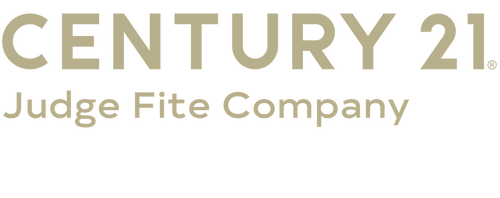When you are planning to buy a home, it’s important to have a clear idea of the costs involved, both upfront and ongoing. Here are a few things you should keep in mind:
Down payment: You will need to save up for a down payment, which is a percentage of the home’s purchase price that you pay upfront. Downpayment amounts can vary depending on what type of financing you will be using. A common first-time home buyer loan is an FHA loan with a down payment of 3.5%. (Down payment assistance programs can help cover some of this cost.)
Closing costs: These are the fees and expenses that you need to pay at the time of closing when you finalize the purchase of the home. These costs can include things like appraisal fees, lawyer fees, title insurance, and taxes. On average, closing costs can range from 2% to 5% of the home’s purchase price and your agent can help you estimate this cost based on your home price and other factors.
Monthly mortgage payments: Once you have bought your home, you will have to make monthly mortgage payments, which will include both principal (the amount you borrowed) and interest (the cost of borrowing) as well as property taxes and homeowners insurance. You can use online mortgage calculators to estimate your monthly payments based on the purchase price, down payment, and interest rate. Again, your agent can help you estimate this cost.
Buying a home is a big financial commitment, and it’s important to plan carefully and budget accordingly. You should also consider talking to a financial advisor or a mortgage lender to get more information and guidance on the costs of homeownership.
As a first-time home buyer, it’s also important to understand that your credit score plays a critical role in determining your eligibility for a mortgage and the interest rate you may qualify for. Here are some steps you can take to prepare your credit for buying a home:
Check your credit report: Start by checking your credit report from the three major credit bureaus (Equifax, Experian, and TransUnion). Your real estate agent can show you where to get these reports and help you know what to look for/work on. Your agents should also be able to direct you to a reputable credit repair service as well if you need more serious work on your credit.
Pay down debt: High levels of debt can lower your credit score and make it harder to qualify for a mortgage. Try to pay down your credit card balances and other debts to improve your credit utilization ratio, which is the amount of credit you’re using compared to your total credit limit.
Avoid applying for new credit: Every time you apply for credit, it can have a temporary negative impact on your credit score. Avoid applying for new credit cards or loans while you’re preparing to buy a home.
Pay bills on time: Late payments can also lower your credit score, so make sure to pay all of your bills on time. Consider setting up automatic payments or reminders to help you stay on track.
Build up your credit history: If you’re new to credit or have a limited credit history, consider applying for a secured credit card or becoming an authorized user on someone else’s credit card to help build your credit history. Also get/keep a record of your on-time rental payment history.
Overall, it’s important to start preparing your credit well in advance of buying a home. By taking steps to improve your credit score and financial standing, you may be able to qualify for a better interest rate and save money over the life of your mortgage. Your real estate agent can be a great resource for more information on these topics.


 Facebook
Facebook
 X
X
 Pinterest
Pinterest
 Copy Link
Copy Link


